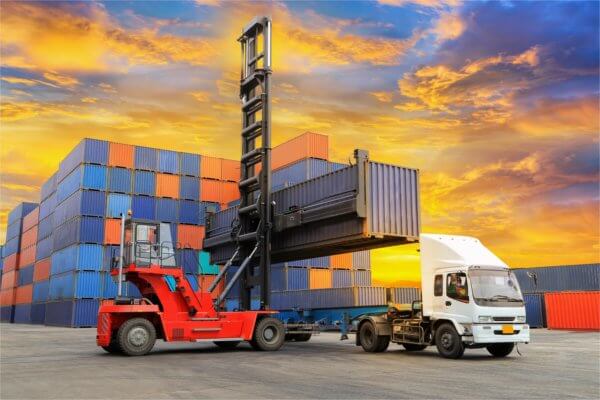Uber Freight Connect Truckers to Cargo
Valued in the private capital markets at more than $70 billion, Uber has become the nation’s leading ridesharing application. Beyond expanding around the world, Uber has started to expand into other areas of transportation. In 2015, the company launched UberEats for fast food delivery. Now, in a May 2017 press release, the company has announced that it is launching Uber Freight. The application seeks to connect long-haul truckers to companies wanting to make deliveries.
What is Uber Freight?
When it launched, Uber disrupted the cab industry by being more efficient than its competitors. Uber’s ability to quickly match riders with drivers was a huge advantage. Uber Freight seeks to replicate this type of success in the trucking industry. For independent truckers and smaller shipping companies, there is often some friction between truckers seeking to haul goods and the companies looking to ship them. Often, a broker must match the two parties and negotiate the terms of a transaction between them.
Uber Freight can make the entire process more efficient. For long haul truckers and companies seeking to ship products, this offers several benefits. First, the new Uber application makes matching easier and faster. It does this much like it does for passengers seeking a ride to a local restaurant or movie theater. Further, the company’s Uber Freight application will handle payment processing. This is important as receiving consistent, efficient, fee-free payment can be an issue for many truckers.
There are Safety Concerns With Uber Freight
Uber’s success in the ridesharing industry is undeniable. Yet, there have been serious questions raised over the attention, or lack thereof, that the company has paid to vetting its drivers. While the company has ‘disrupted’ the cab industry, tearing down barriers to make it more efficient, some of the barriers were extremely important as they ensured driver screening and driver safety. The New York Times reports that Uber has fought driver safety and screening bills in state legislatures across the country.
The threat posed by under trained, under qualified ridesharing drivers is real. Their failure to vet drivers puts the safety of innocent passengers at serious risk. With trucking, the concerns over vetting, training, oversight and other aspects of driver safety are even more important. It is imperative that Uber puts the proper safety protocols in place to ensure that their new service does not lead to an increase in commercial trucking accidents. Large trucks already cause a lot of serious accidents on highways in Connecticut and throughout the United States. If Uber Freight leads to reduced safety standards, accidents may rise.
